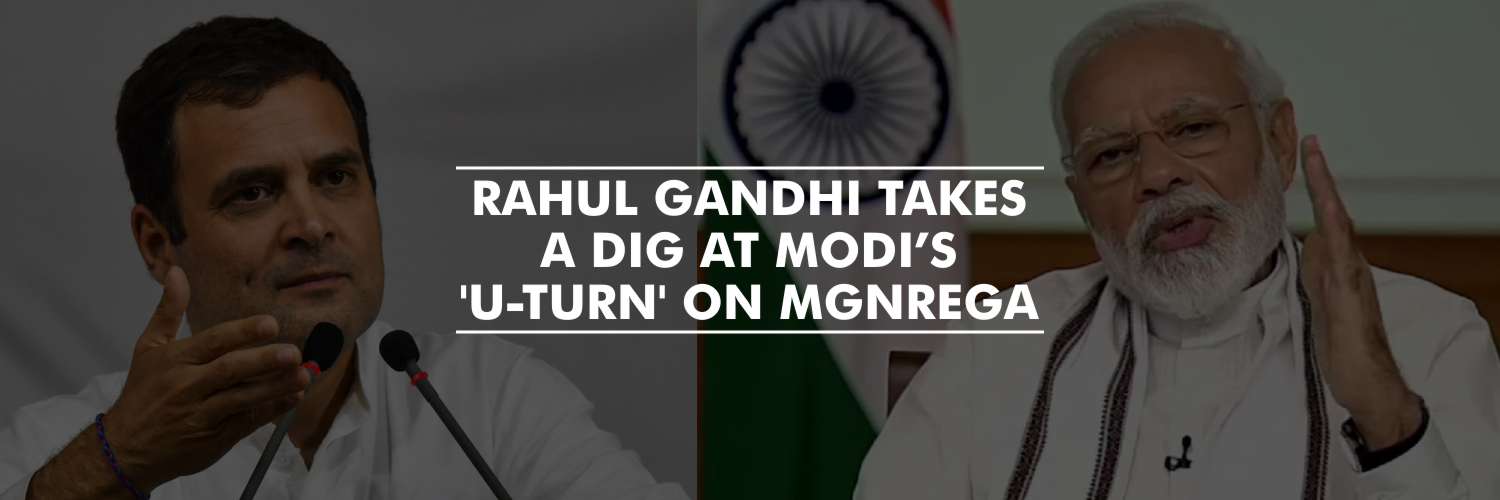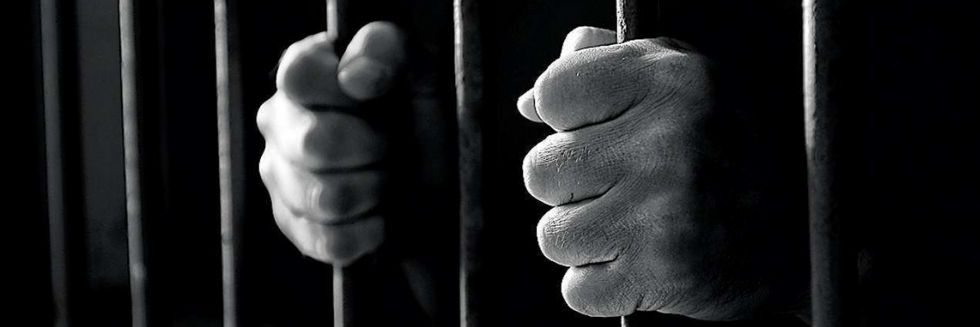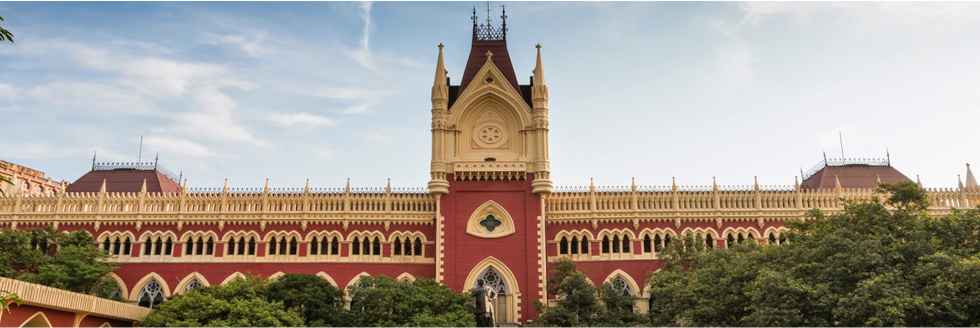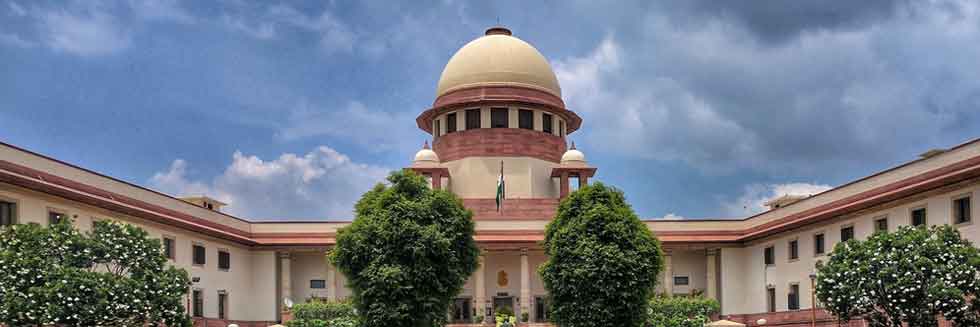On Monday, former Congress president Rahul Gandhi took a dig at Prime Minister Narendra Modi for his “U-turn” on the MGNREGA scheme, and thanked him for understanding its vision and allocating an additional Rs 40,000 crore for it.
“The prime minister has approved an additional budget of Rs 40,000 crore for the MNREGA scheme created during the UPA era. We express our gratitude to him for understanding the vision of MNREGA and promoting it,” tweeted Rahul Gandhi in Hindi along with a hashtag “ModiUturnOnMNREGA” and attaching a video clip of the prime minister’s speech in Parliament after he assumed power in 2014.
“Do you think I will disband the scheme? My political wisdom does not allow me to do it. This is a living monument of your failures to tackle poverty in 60 years,” Modi said in Parliament in his speech about MGNREGA in February 2015, while noting that even after 60 years of the independence, Congress had to send people to dig up ditches.
In the video clip attached by Rahul Gandhi on Monday, PM Modi can be heard saying the “NREGA scheme is a glaring example of Congress failures”.
On Sunday, finance minister Nirmala Sitharaman announced the fifth and final tranche of the Centre’s stimulus package to revive the economy which was hit badly due to Covid-19. Earlier, an approximate amount of Rs 61,000 crore was allocated to the employment scheme for FY 2020-21; this was revised and increased by Rs 40,000 crore on 17th May. The daily wage guaranteed under the scheme was also revised from Rs 182 to Rs 202.
Meanwhile, former Union finance minister P Chidambaram also recalled as to how Modi after becoming Prime Minister had said in Parliament that “I will not continue MGNREGA, it is a monumental Congress failure.” “So, his words will come back to haunt them, what they called a monumental failure of the Congress’ government, this is now the safety net for the poor of this country,” he added while hoping that the new MGNREGA work that has been created in villages will be both for the migrant laborers, who have returned, as well as the people who have stayed back in villages.





